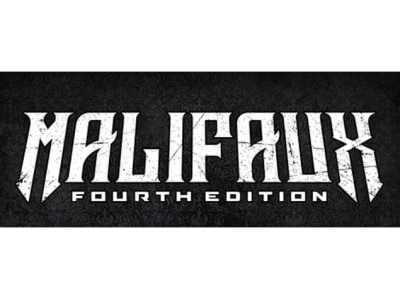Trading in the stock of game publisher CMON Limited on the Hong Kong Stock Exchange was suspended on April 1, after the company warned of audit issues and said it would delay release of its annual report for 2019.
Three audit issues were identified. First was “a distributor agreement with transaction value of approximately US$1.5 million.” The only CMON distribution deal we reported in 2019 was the new exclusive distribution deal with Asmodee NA (see “CMON Enters Exclusive North American Distribution Deal with Asmodee NA”), although there could certainly be others of which we’re not aware. What the amount represented and why there was an audit concern was not disclosed.
The second audit issue was “the rationale and substance of the significant increase in the prepayment balances as at 31 December 2019.” Again, no detail was provided.
The third audit issue was the most concerning for investors and other stakeholders: “other information as required by the auditors for their audit procedures on certain audit issues including ‘going concern.’” A “going concern” opinion is given by the auditors when it’s believed that the company might have a change in valuation of its assets because there’s a risk it would no longer be a going concern. Whether a going concern opinion is included in an audit report is obviously a major step, and a company would typically try to provide as much information to the auditors as possible to persuade them not to include it.
It’s not clear where the going concern issue comes from. Although CMON reported a down year in 2018, it was profitable (see “CMON Reports Down Year in 2018”), and had what seemed like a manageable loss of $455K in the first nine months of 2019.
The only eye-popping number in those two reports (2018 annual report and interim report through September 30, 2019) was the $2+ million the company spent on professional advisors for its move from the GEM to the Main Board of the Hong Kong Stock Exchange over those 21 months. That move took place in November 2019. And while the amount may be a big number, it didn’t put the company that far negative through the first nine months of the year.
Two outside directors, including the chairman of the Audit Committee, resigned in early April, after the stock stopped trading. Both said there were no disagreements with the board, but the timing creates less-than-favorable optics.








